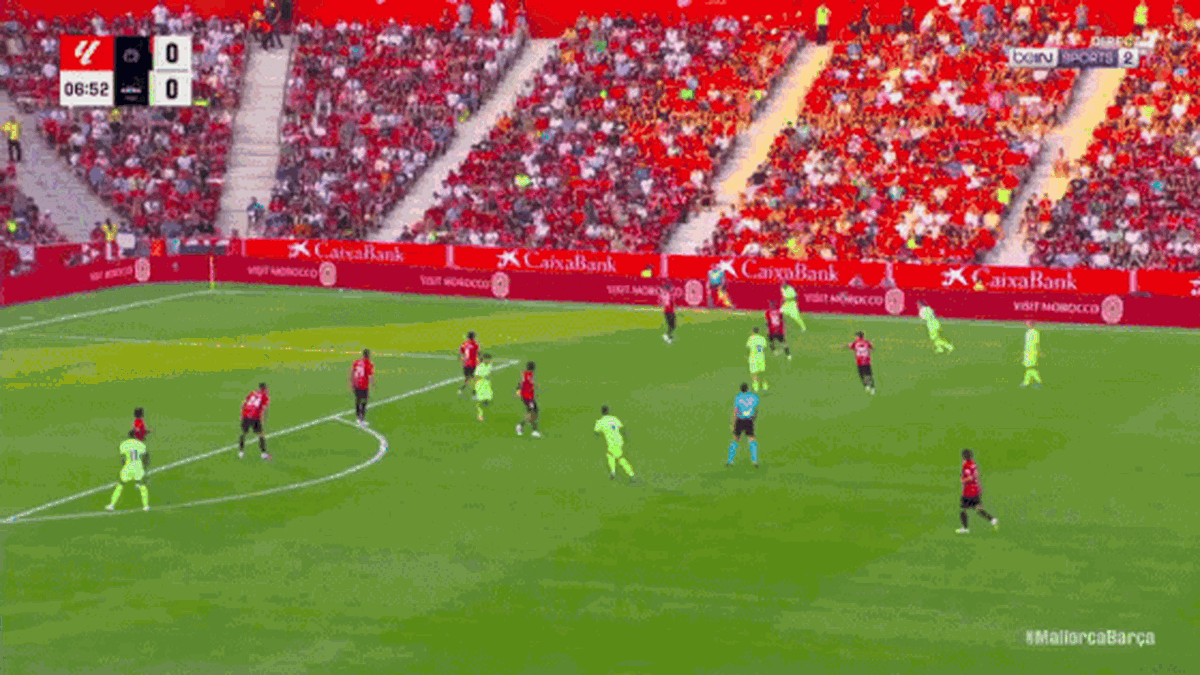Oil prices today, November 30, the ceasefire agreement between Israel and Hezbollah that took effect on November 27 has reduced oil risk premiums, causing oil prices to plummet despite both sides accusing each other of violating the agreement.
 |
| Oil prices today, November 30, the ceasefire agreement between Israel and Hezbollah effective from November 27 caused oil prices to plummet. (Source: Getty) |
At the end of the last trading session of the week (November 29), oil prices fell slightly, pressured by "cooling down" concerns about supply risks from the Israel-Hezbollah conflict and the prospect of increased supply in 2025 even as the Organization of the Petroleum Exporting Countries and its allies (OPEC +) are expected to extend the production cut agreement.
Brent crude fell 34 cents, or 0.46 percent, to $72.94 a barrel. WTI crude fell 72 cents, or 1.05 percent, to $68 a barrel.
For the week, Brent oil prices fell 3.1%, WTI oil prices fell 4.8%.
A ceasefire between Israel and Hezbollah that took effect on November 27 has reduced oil risk premiums, sending prices plunging despite accusations of violating the agreement from both sides.
Reuters quoted the International Energy Agency (IEA) as saying that the conflict in the Middle East has not disrupted supply and that it expects a surplus of more than 1 million barrels per day in 2025, equivalent to more than 1% of global output.
According to Tamas Varga of oil brokerage PVM, the average oil price in 2025 will be lower than in 2024.
Meanwhile, OPEC+ has adjusted the policy meeting schedule to December 5 instead of December 1. OPEC+ is expected to decide to extend the production cuts at this meeting.
After two production hike delays, OPEC+ must consider the risk of further price weakness amid the release of barrels that are currently not expected, partly due to strong output from non-OPEC+ producers next year that could lead to a crude surplus, said Saxo Bank analyst Ole Hansen.
A Reuters poll of 41 analysts showed Brent crude could average $74.53 a barrel in 2025, down from an October forecast of $76.61. This is the seventh straight downward revision to the global benchmark oil price forecast for next year. Oil has averaged $80 a barrel so far this year.
Analysts also forecast WTI oil prices to average $70.69 a barrel in 2025, lower than last month's expectation of $72.73 a barrel.
Commenting on the slide in oil prices, John Paisie, President of Stratas Advisors, said: Oil traders' sentiment has turned negative due to concerns about the global economy , especially the Chinese economy and demand growth, as well as concerns about OPEC+'s ability to balance supply and demand.
Domestic retail prices of gasoline on November 30 are as follows:
E5 RON 92 gasoline is not more than 19,840 VND/liter. RON 95-III gasoline is not more than VND 20,857/liter. Diesel oil not more than 18,777 VND/liter. Kerosene not more than 19,142 VND/liter. Fuel oil not exceeding 16,125 VND/kg. |
The above domestic retail prices of gasoline and oil were adjusted by the Ministry of Finance - Industry and Trade in the price management session on the afternoon of November 28. Due to the sharp increase in world gasoline and oil prices last week, domestic gasoline and oil prices also broke the previous two declines and turned to increase. The price of E5 RON 92 gasoline increased by 497 VND/liter, RON 95-III gasoline increased by 329 VND/liter, diesel increased by 268 VND/liter, kerosene increased by 221 VND/liter, and fuel oil increased by 111 VND/kg.
In this management period, the joint ministries continue not to set aside or use the Petroleum Price Stabilization Fund for E5 RON 92 gasoline, RON 95 gasoline, diesel oil, kerosene, and fuel oil.
Source: https://baoquocte.vn/gia-xang-dau-hom-nay-3011-thoa-thuan-ngung-ban-israel-hezbollah-lam-giam-muc-phi-bao-hiem-rui-ro-cua-dau-295601.html
























![[Photo] National Assembly Chairman Tran Thanh Man attends the program "Returning to the source - Towards the future"](https://vphoto.vietnam.vn/thumb/1200x675/vietnam/resource/IMAGE/2025/8/16/d081d9c162ee4ed9919e723aa322a53a)




![[Photo] General Secretary attends the inauguration ceremony of the Ministry of Public Security Headquarters](https://vphoto.vietnam.vn/thumb/1200x675/vietnam/resource/IMAGE/2025/8/16/3ceec3a24ef945c18ae2b523563b749d)

































































Comment (0)